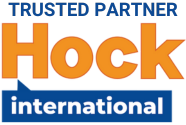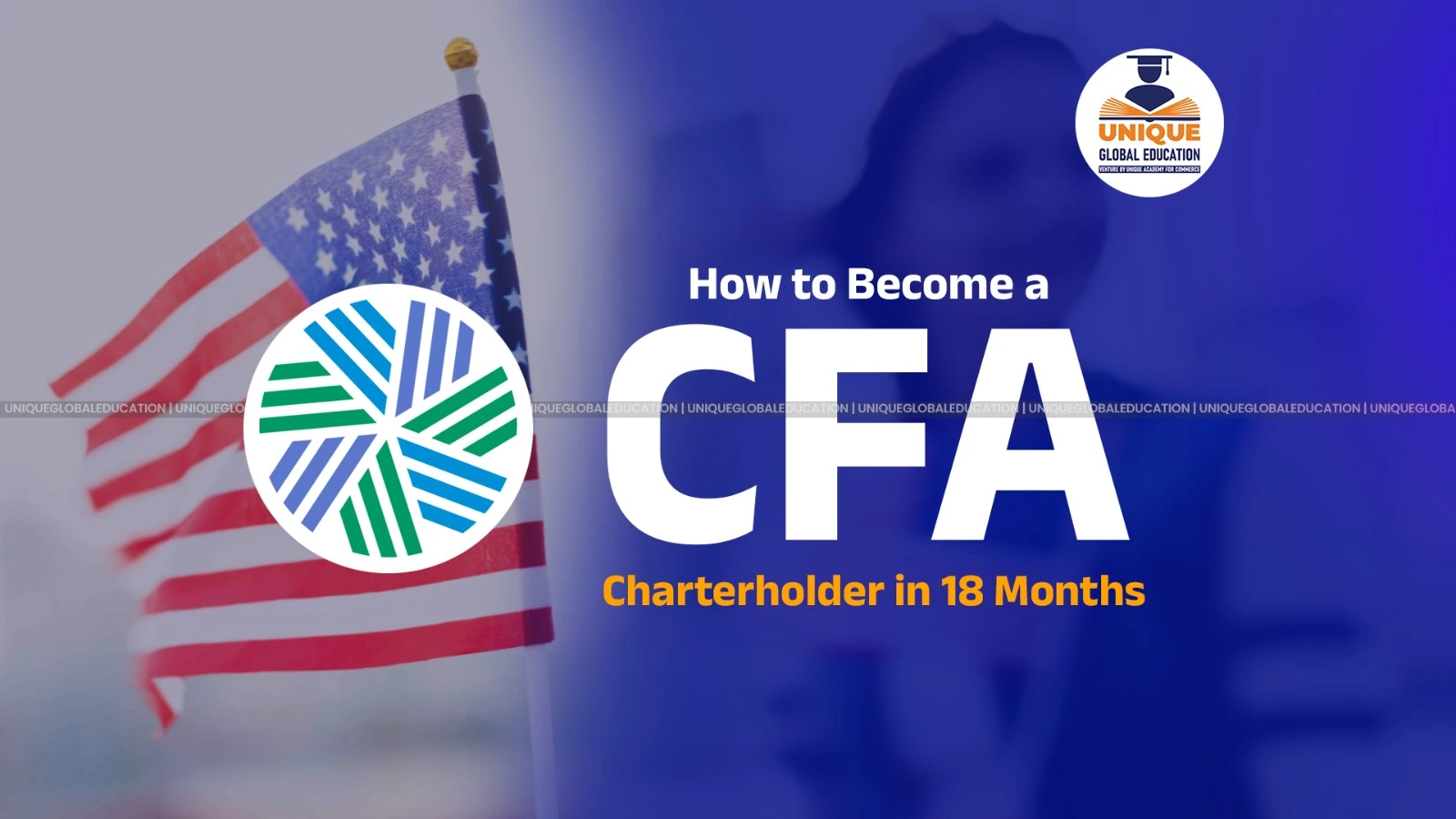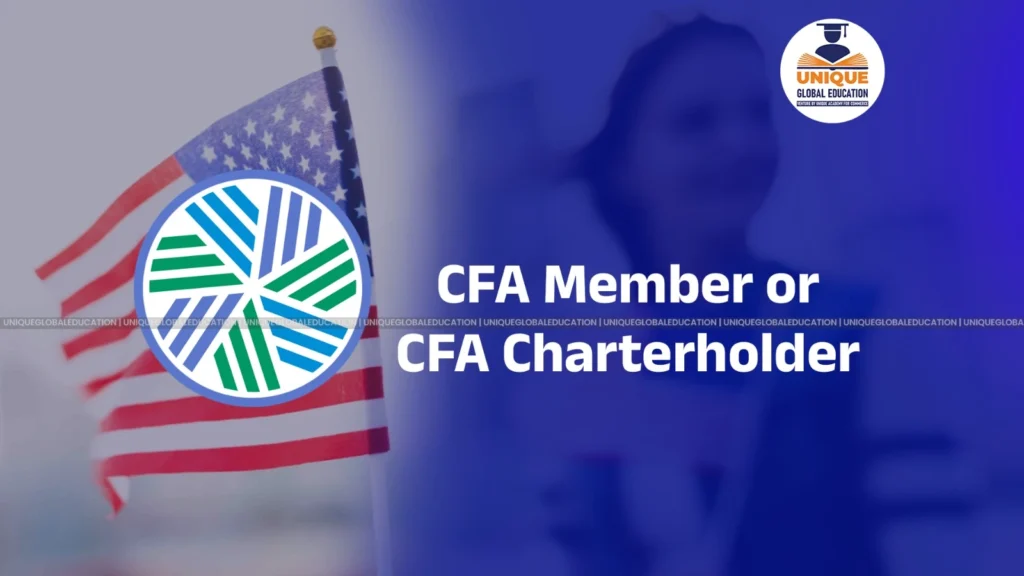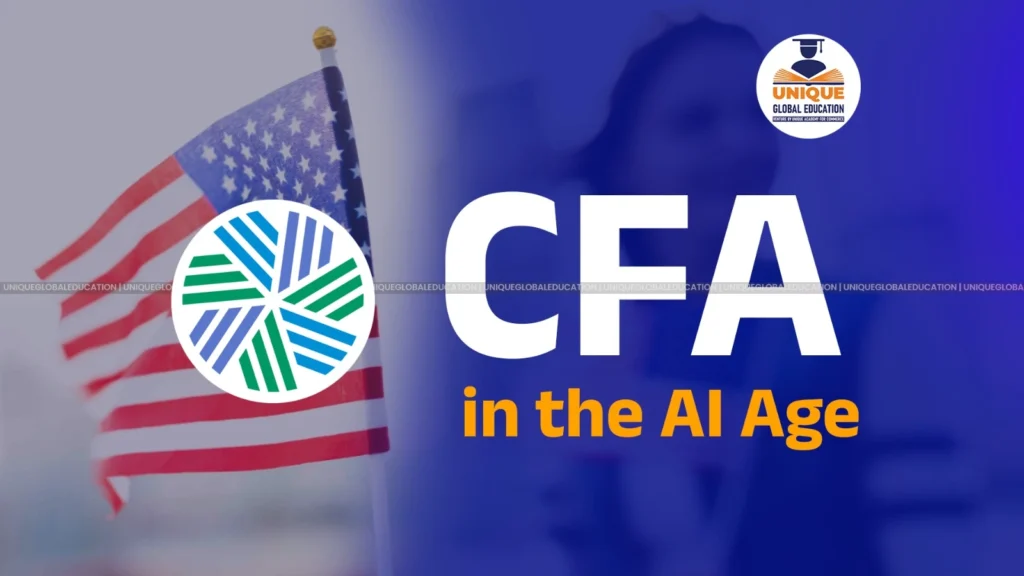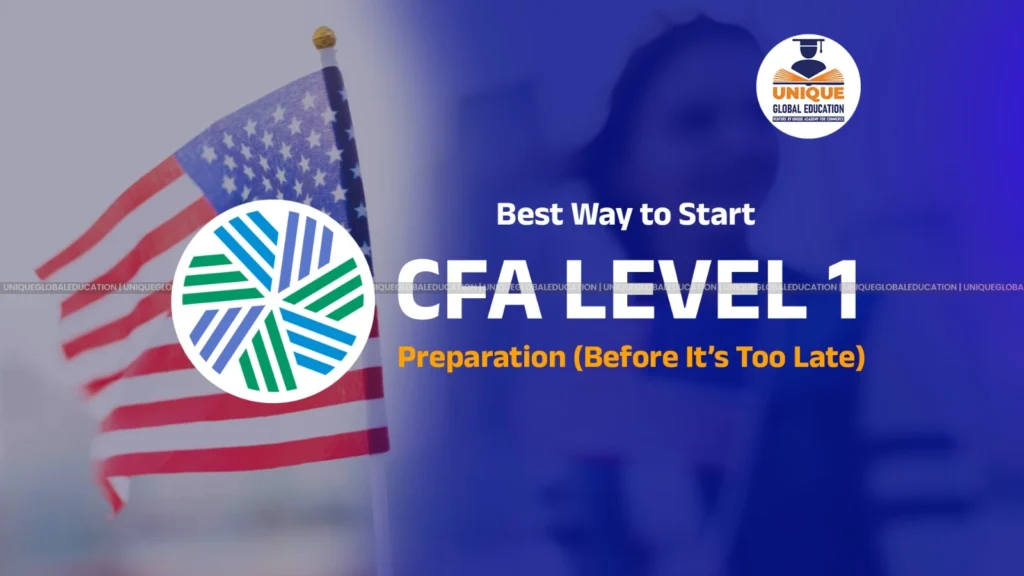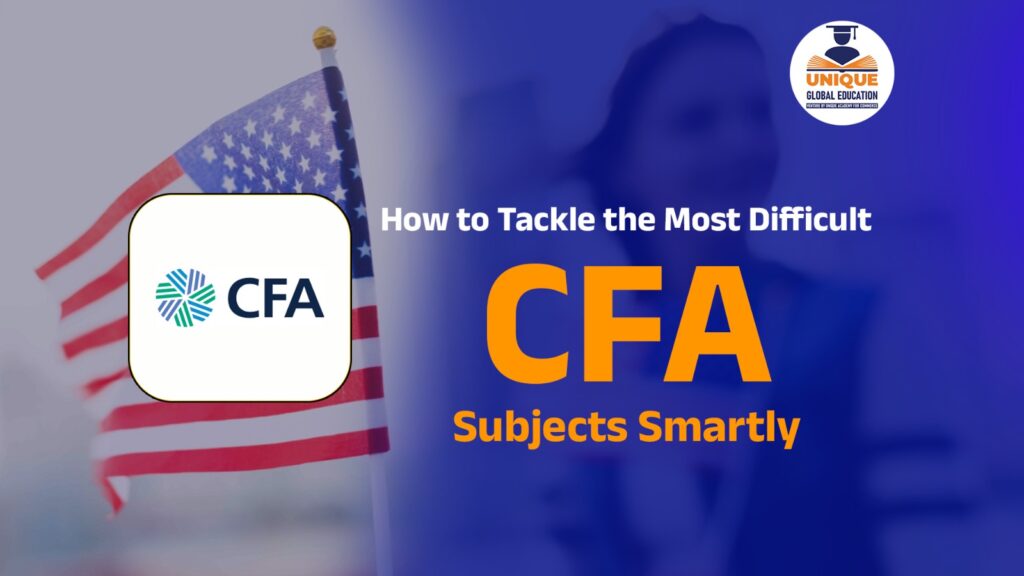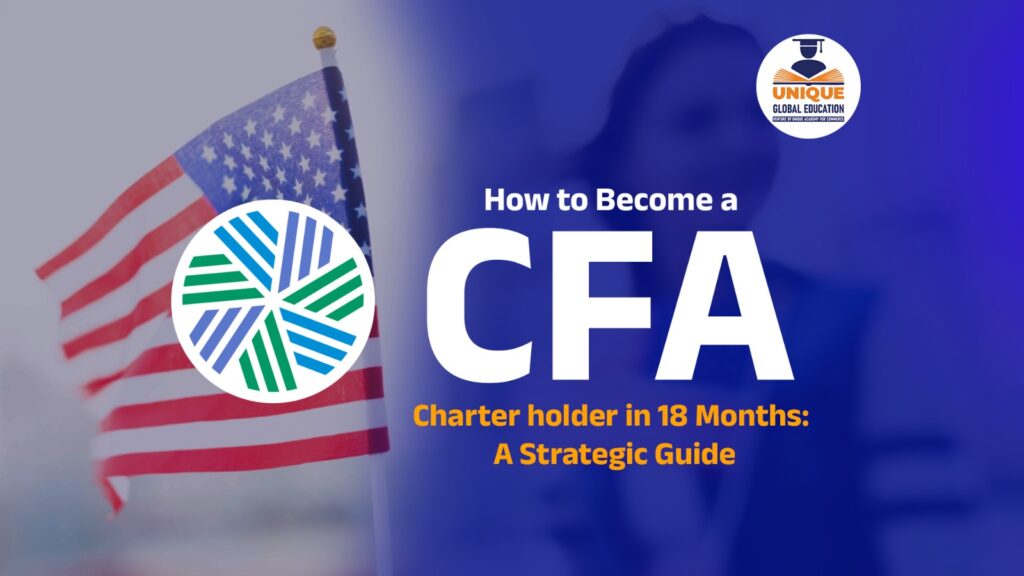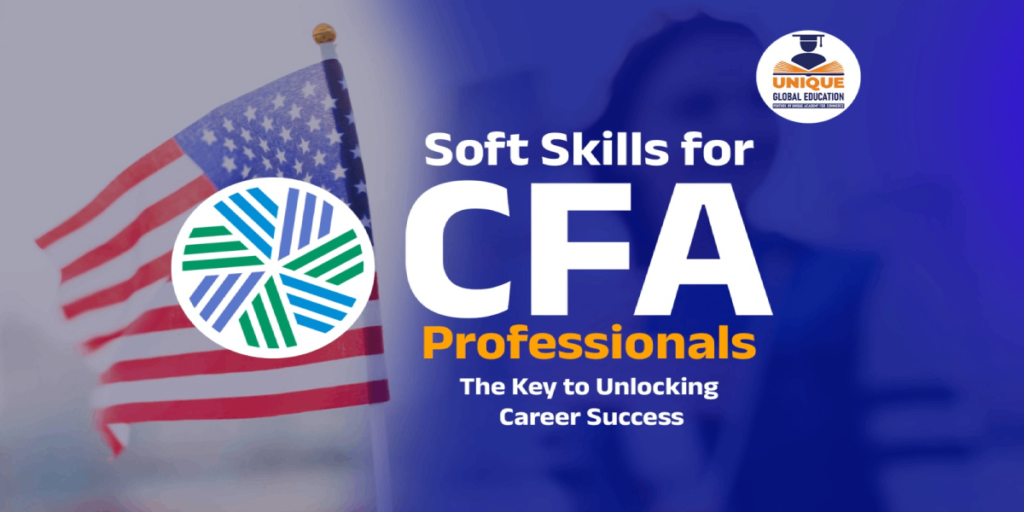The CFA designation is generally regarded as the gold standard for investment management and finance. It is a globally accredited program, and is an indication of deep expertise in areas like portfolio management, financial analysis, ethics, and wealth planning. Of course, most finance candidates idealize becoming a CFA charterholder as soon as they can.
But the problem is there’s this: although the CFA program is actually quite intense, designed to last over a number of years, many candidates have aspirations of completing all three levels in as little as 18 months. Is it possible? The answer is yes — with thoughtful planning, discipline and a clear strategy.
On this blog, we will discuss exactly how to become a CFA charterholder in 18 months, what the process entails, some of the difficulties you may encounter, and some actionable tips for improving your odds.
Table of Contents
Understanding the CFA Program Structure
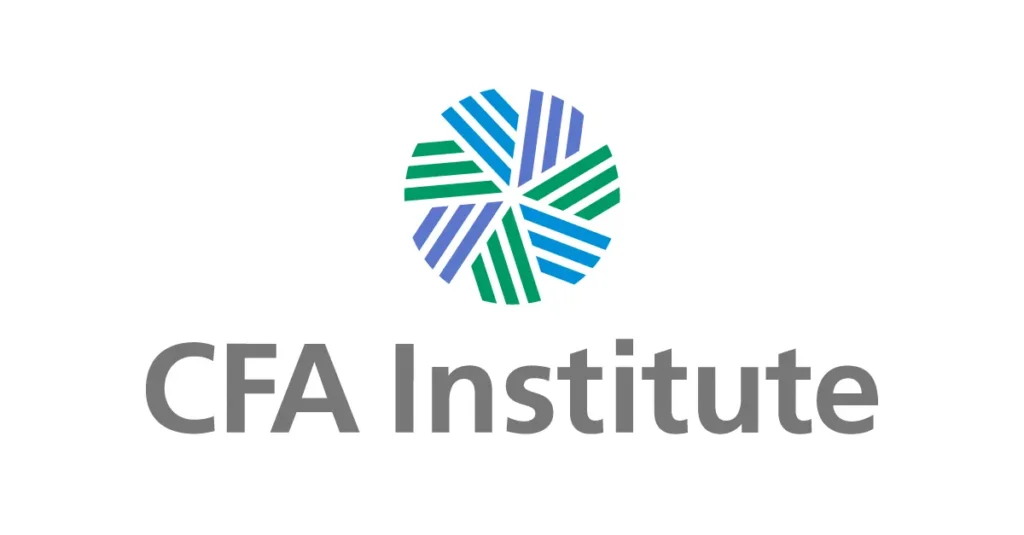
Before we get to the strategies, it’s helpful to first understand the CFA program itself:
- 3 levels of exam to be cleared in a progressive order – Level I, Level II and Level III
- All three levels of exams are conducted more than once a year (in February, May, August, and November for Level I, in May and August for Level II, and in February and August for Level III).
- In addition to passing the exams, you must work a total of 4,000 hours in a relevant position over at least 36 months to qualify as a charterholder.
- Candidates are required to be committed to the CFA Institute Code of Ethics and Standards of Professional Conduct.
Can You Really Finish in 18 Months?
Yes — but you need to have a strategic schedule of exams. Here’s a possible timeline:
- February 2025 – Take Level I
- August 2025 – Level II (6 months from now)
- Feb 2026 – Take Level III (6 more months later)
And this series will help you complete all three levels in just 18 months. Of course, this doesn’t ensure that you will be a charterholder by then because you also have to meet the work experience requirement. If you already have relevant work experience, then you are eligible to apply for the charter right after you pass Level III.
Key Challenges in an 18-Month Path
- Excessive Study Load: A typical exam preparation calls for 300-400 hours of study. Doing them back-to-back hardly leaves time to breathe.
- Overlap in Preparation: You could be required to prepare for the next level of the exam even before you have the result of the last exam.
- Exhaustion of the Mind: If care is not taken to prevent it, burning yourself out is easy when you study very hard for 18 whole months.
- Full-time Job in Finance: Find the time to balance studying and a full time job.
Step-by-Step Strategy to Crack CFA in 18 Months
Step 1: Register Early and Commit to the Timeline
Register for the exams at the earliest. The advantage of early registration is not only that it’s cheaper, but it locks you in to your schedule, which you are more likely to stick to. Choose the cycle February-August–February just as before.
Step 2: Build a Solid Study Plan
The CFA exams are notoriously comprehensive. Here is a recommended breakdown of what to study in each level:
- Level I: 5 to 6 months of study, focus on the basic knowledge of financing, ethics, and tools for investment.
- Level II: 6-7 months of preparation, concentrating on valuation and application of the material.
- Level III: 5–6 months of high focus, portfolio management, real world application.
Hours studied/week: 2-3 on weekdays and 5-6 on the weekends.
Step 3: Use the Right Study Materials
Don’t focus exclusively on CFA Institute books; they may be too in-depth for a compressed time frame. Instead:
- Go with the Schweser Notes or equivalent short guide/prep materials.
- Do tons of practice on CFA Institute’s Learning Ecosystem and mock exams.”
- Practice as much previous years and question bank as possible.
Step 4: Focus on Ethics from Day One
All levels share the Ethics section and results are overly affected by it (Subjective – Ethics Adjustment). A high score here can mean the difference between passing and failing. Regularly assign time to Ethics in your study routine.
Step 5: Develop an Exam-Taking Strategy
Getting through CFA exams isn’t only about knowledge; it’s about strategy.
- Practice time management – don’t spend too much time on tough questions.
- Learn to the test (multiple choice questions for Level I, vignettes for Level II, and essays + vignettes for LIII).
- Before every test, take a minimum of 3 full mock exams.
Get More Details CFA Classes Pune and Face To Face Batches
Step 6: Overlap Preparation Between Levels
some people can’t afford to wait for results. For example:
- Begin Level II studying immediately in March, after your February Level I exam. If you do badly, you can still retake in November without having to take too many steps back.
- In the same vein, after Level I in June, start on Level II prep in August.

Step 7: Manage Work and Personal Life
If you’re employed full-time, ask for remote working, job sharing, flexible hours or a compressed workweek. Tell your employer you’re pursuing the CFA – a lot of companies provide support in terms of financial help and time off for study. Also, health is key: eat well, exercise and sleep right to keep up that endurance.
Practical Tips to Boost Your Success
- Utilize Active Recall: Don’t just read passively, instead challenge yourself periodically by using flashcards and quizzes.
- Be Part Of A Group Study: The peer pressure helps you stick to your plans and sort doubts at the earliest.
- Keep Tabs: Note your progress on baby steps of a giant syllabus and check them off.
- Use Software: Utilize tools like electronic flash cards (Anki for spaced repetition) and time tracking solutions like Toggl.
- Mock Tests: Practice in the exam like environment.
The Importance of Work Experience
Even if you pass all the exams in 18 months, you won’t get the charter unless you have navigated your way through 4,000 hours of qualifying experience. This can be pre, during or post exam. We typically accept work in portfolio management, research analysis, investment banking or risk management to be sufficient.
This means, if you are already 2-3 years into financial industry, you can theoretically be a charterholder the day you successfully passed Level III.
Conclusion
CFA Charterholdership is achievement, after all, so although 18 months is a stretch it’s an achievable target if you keep your mind on the prize and put in the work. Given a definite exam schedule (Feb–Aug–Feb), well managed preparation, intelligent study patterns and integrated preparation, you can easily sail through.
But keep in mind that the CFA program isn’t simply a matter of speed – it’s about financial knowledge and professional ethics mastery. 18 months or 3 years is insignificant, what you learn and your competence is what counts above all.
So if you’re motivated, prepared to put in the hours, and eager to make sacrifices, the 18-month CFA is often the fast track to a world-class career in finance.
Get More Details CFA Classes Pune and Face To Face Batches

